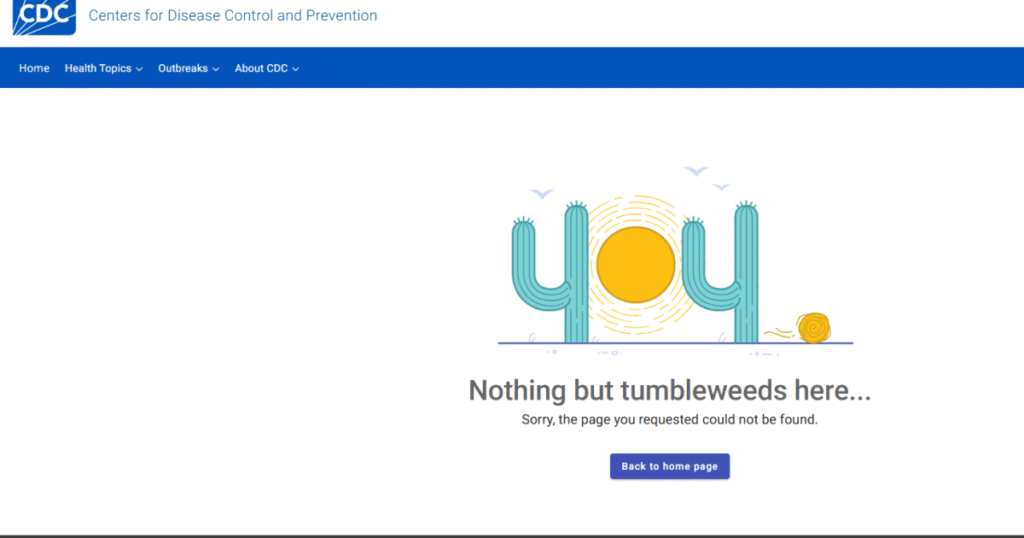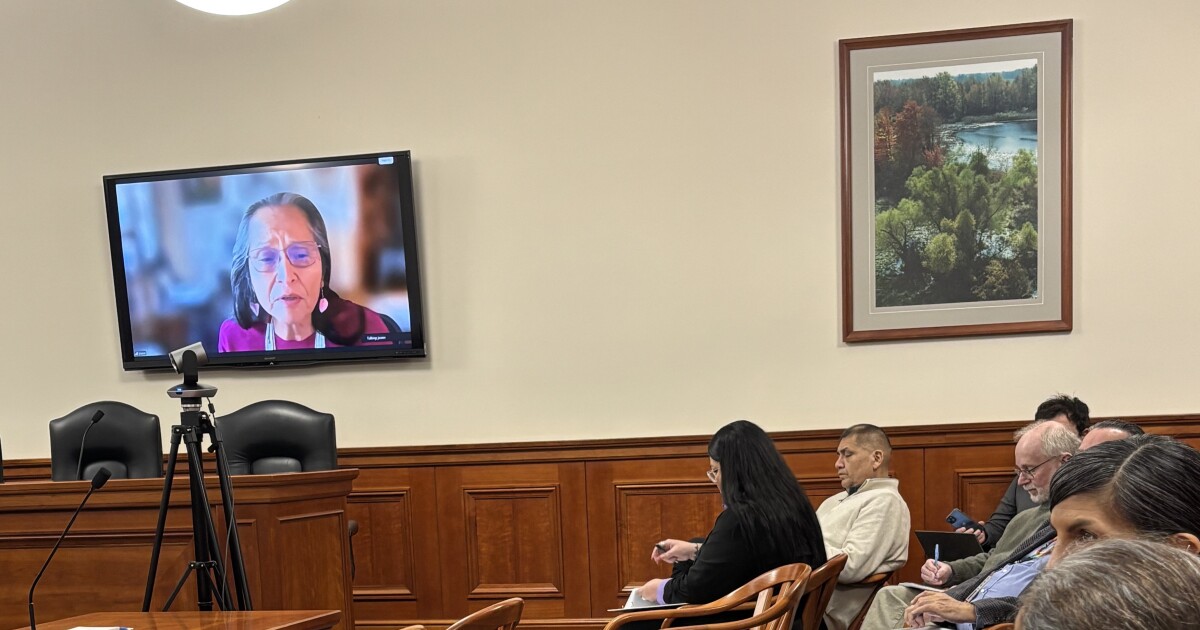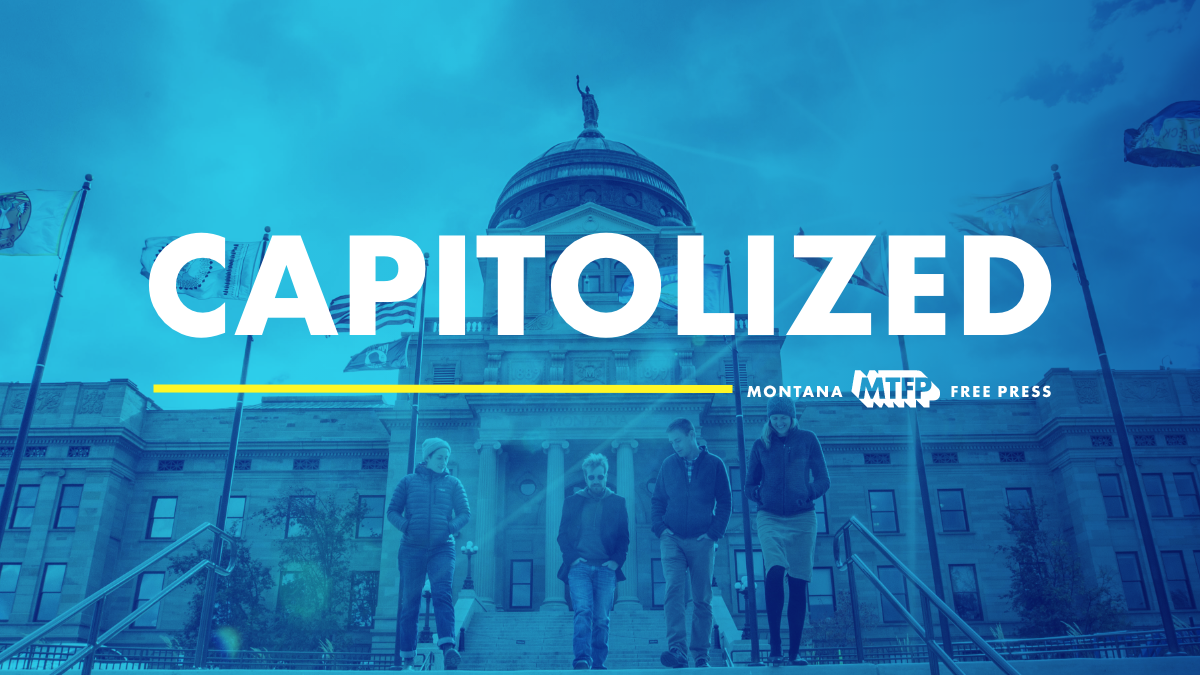Federal Data: The Invisible Backbone of Daily Life Faces Challenges
When you use your phone to check the weather or rely on traffic updates, you’re tapping into the vast repositories of data collected by federal agencies. These data sources, encompassing everything from water levels to public health statistics, affect our everyday lives without us even realizing it.
However, significant portions of this crucial data are reportedly vanishing or being altered under the second Trump administration. This concern is highlighted in an article from The Conversation.
Margaret Levenstein, a professor at the University of Michigan, and John Kubale, a research assistant professor, co-authored this piece. Their insights into the implications of these changes were shared with Michigan Public Radio’s Morning Edition host Doug Tribou.
The Role of Federal Data in Research and Daily Life
In the interview, Levenstein emphasized the widespread use of federal data, noting its essential role in urban planning, public service provision, and disaster preparedness. “There are lots of ways that ordinary people use federal data in their daily lives that they may or may not be aware of,” she explained.
The Gold Standard of Federal Data
Federal data is often regarded as the “gold standard” due to its comprehensive representation and transparency. Levenstein highlighted that federal data is consistently produced over time, unlike private data sources, which may change collection methods without public notice.
Disappearing Data and Its Repercussions
Levenstein noted that about 8,000 pages were removed from federal websites soon after Trump’s inauguration, including sites from the Centers for Disease Control and the Census Bureau. Although many have been restored, modifications to data sets, particularly those concerning gender identity and vaccine information, have occurred without public announcements.
“These are investments that make a stronger country and a stronger economy, and it’s really important that we preserve them.”
— University of Michigan Professor Margaret Levenstein on research data collected by the federal government
The Risk to Maternal and Child Health Data
The Pregnancy Risk Assessment Monitoring System, essential for maternal and child health insights, faces uncertainty due to staffing changes. This situation exemplifies the broader threat to data quality and availability, as there may be no personnel to maintain the data’s integrity or approve access requests.
Public Efforts to Safeguard Data
Organizations and individuals are working to save at-risk data by archiving it in repositories like Data Lumos and utilizing tools like the Wayback Machine from the Internet Archive.
The loss of federal data represents not only immediate knowledge gaps but also the potential benefits from future research discoveries. Levenstein warns that without these data, society risks “not knowing what we’re missing,” which could hinder advancements in various fields, including public health and economic development.
For more details, read the full article by Margaret Levenstein and John Kubale for The Conversation here.
—
Read More Michigan News










